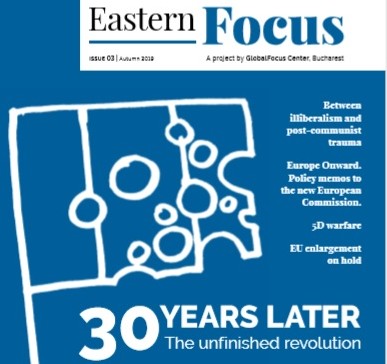Thirty years after the fall of the Berlin Wall, the state of liberal democracy in the former communist bloc is “probably worse than we hoped but better than we feared”, thinks Thomas Carothers, interviewed in this issue of Eastern Focus. He looks at the good, the bad and the ugly of post-1989 transition and says that three decades later, we are still in an intermediate state.
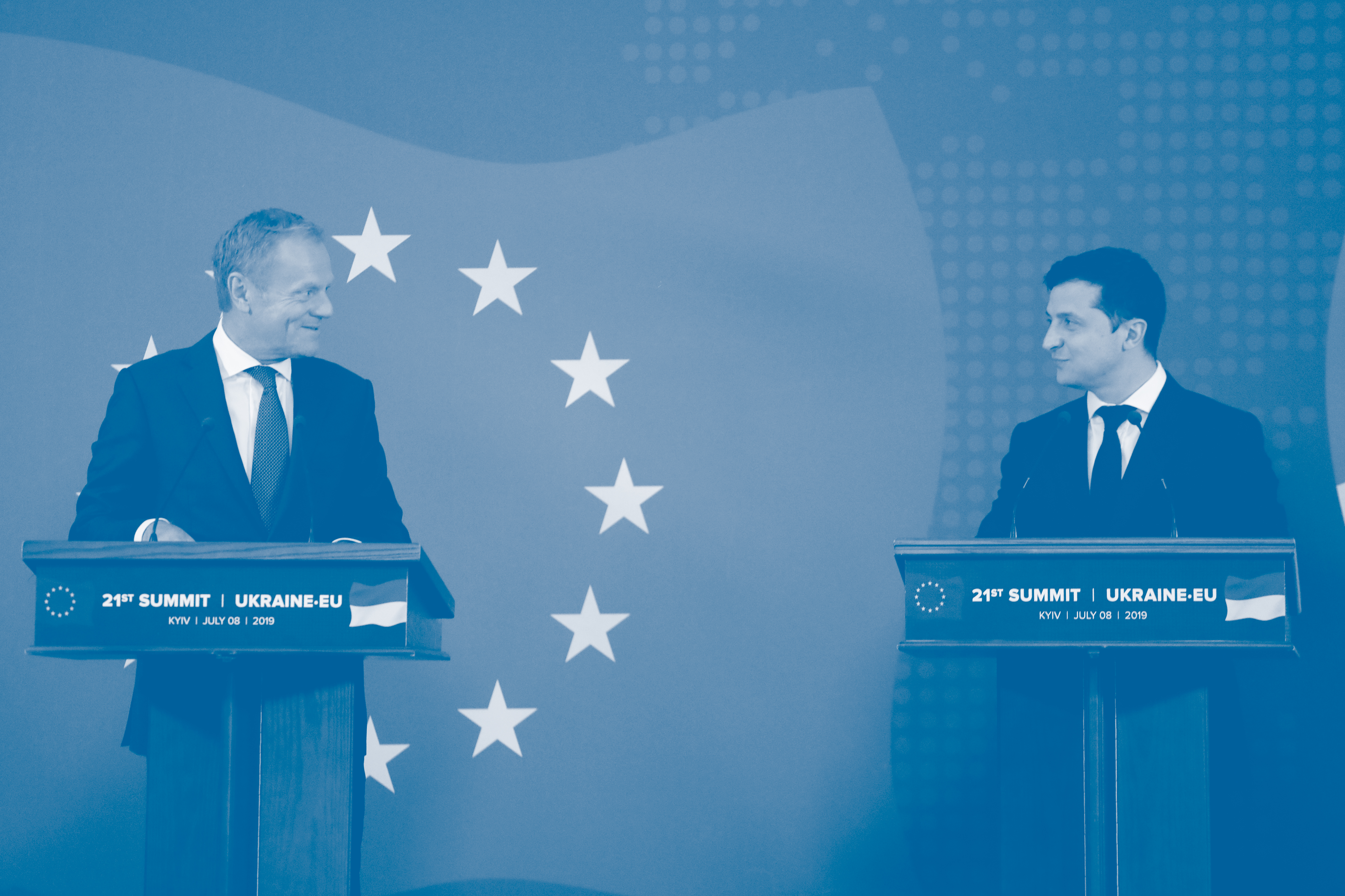
By Andreas Umland | Kiev
Many political experts both in and outside Ukraine have reacted negatively or very negatively to the meteoric political rise of Ukrainian comedian Volodymyr Zelensky. Indeed, Zelensky’s presidency could prove problematic in various ways. His 2019-2024 term as Ukraine’s head of state may prove to be an even more ambivalent enterprise than those of the other two top contenders in this year’s presidential elections, the opposition leader Yulia Tymoshenko and the former president Petro Poroshenko, would have been. Still, for all the apt scepticism, there is also – as in the case of certain positive aspects of Tymoshenko’s and Poroshenko’s unsuccessful bids for president – a bright side to Zelensky’s victory. One can identify at least three major risky or negative, but also three relatively encouraging dimensions of his rule.
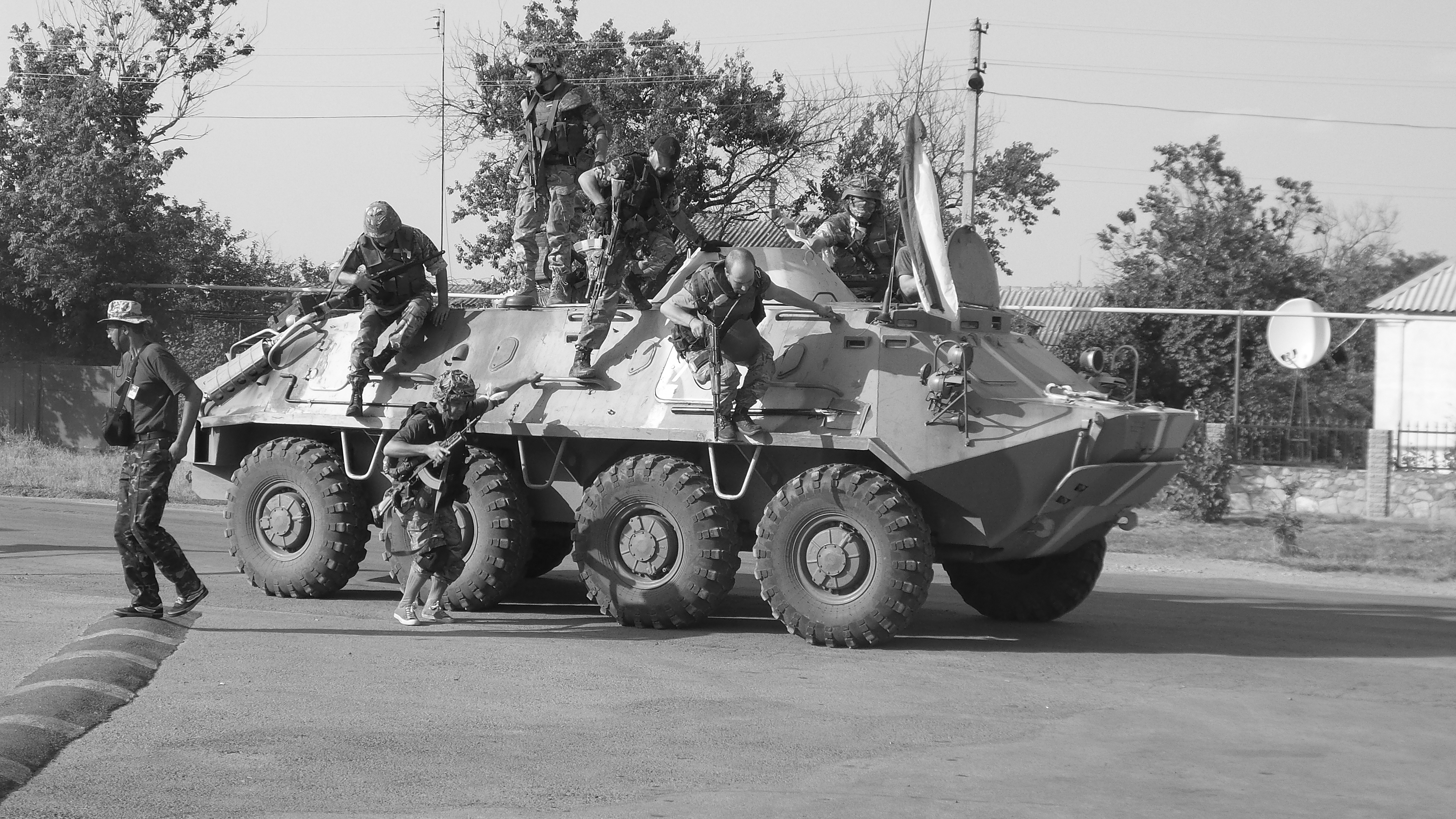
By Mykola Kapitonenko | Kiev
In the pre-election rhetoric used by all the front-runners in Ukraine’s presidential campaign, issues of national security and foreign policy ranked high. The conflict – referred to by many as ‘war’ – with Russia, the question of annexed Crimea, aspirations for NATO and EU membership, became topics of specific concern and points for emotional political discussions. The overwhelming majority of presidential candidates – there were 39 on the list in total – highlighted the restoration of the country’s territorial integrity and moving closer to EU and NATO membership as their foreign and national security policy priorities.
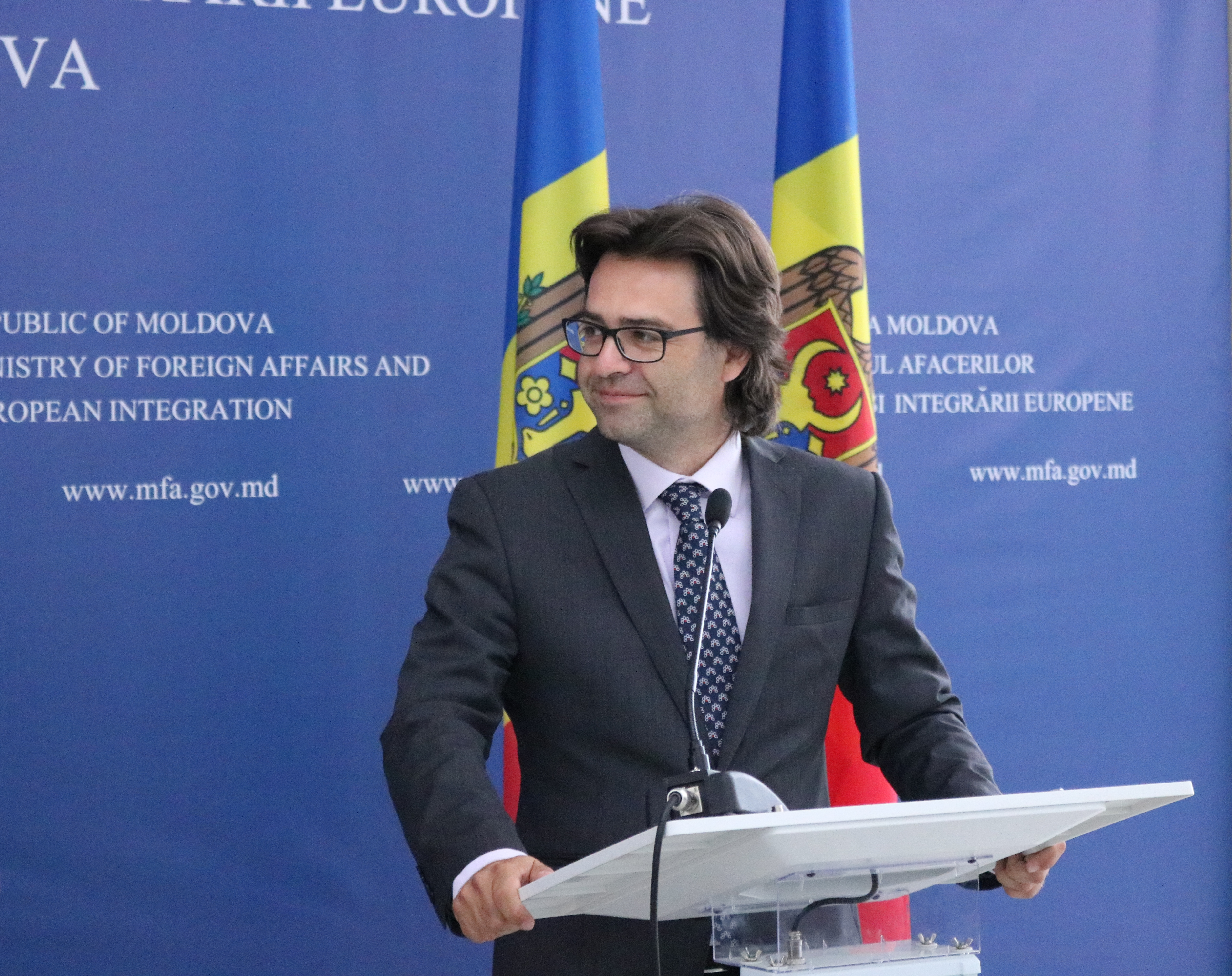
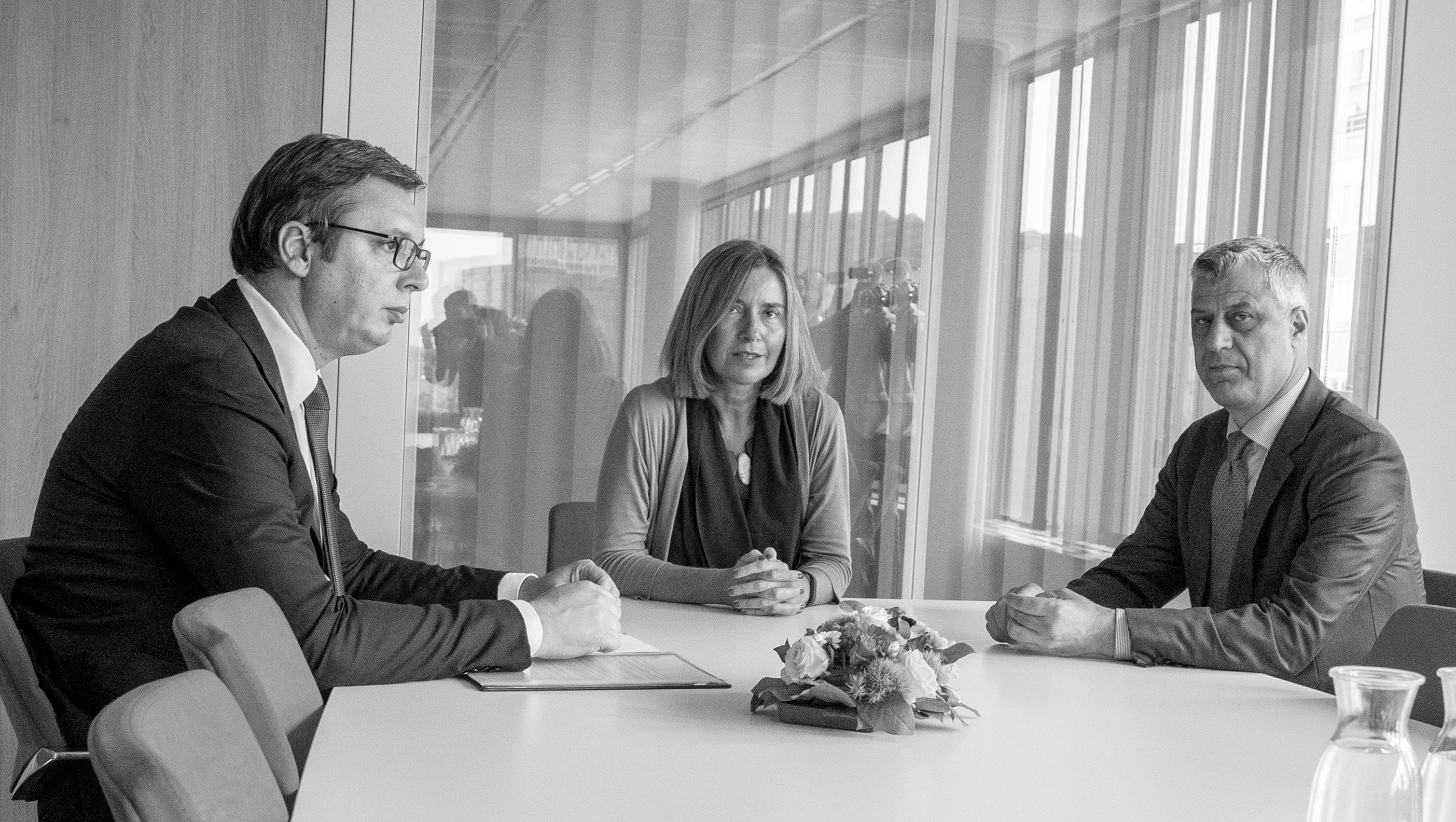
By Srdjan Majstorović | Belgrade
The European Commission published its Country Report for Serbia in May 2019 assessing the country’s progress in the past year: it portrays a confusing picture of a country that is perceived as a frontrunner in the EU accession process, has been involved in accession negotiations since 2014, and which yet obviously lacks any drive to reform, ambition, capacities, and most importantly the results that could prove its advanced status.
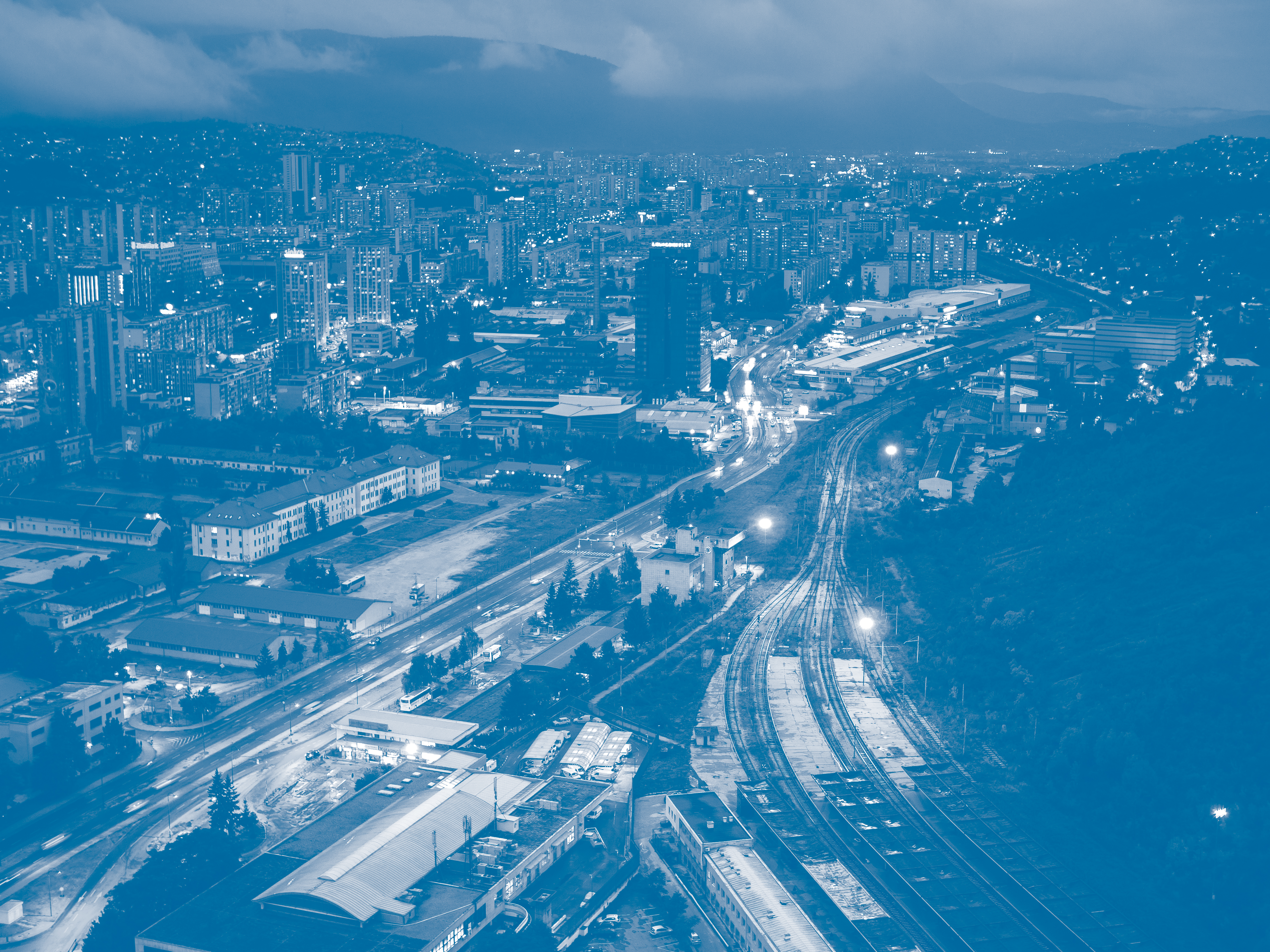
By Dragan Koprivica | Podgorica
What are the accomplishments of the European integration process in Bosnia & Herzegovina, Montenegro, North Macedonia and Serbia? Despite being at different stages, the process has still not been able to sufficiently affirm the constitutional commitment of the tripartite division of powers in these states and bring about an equal balance between them. Respect for this commitment is of fundamental importance for the operation of both the political and the overall social system.

